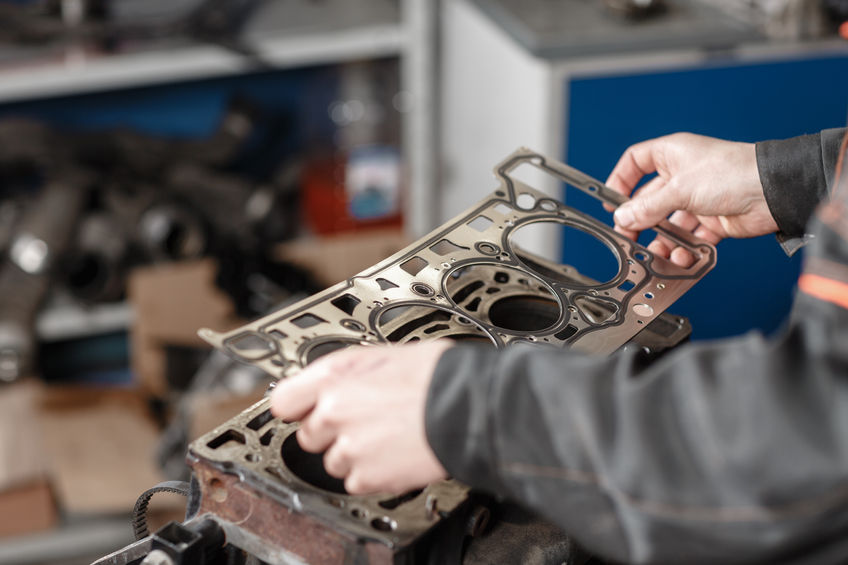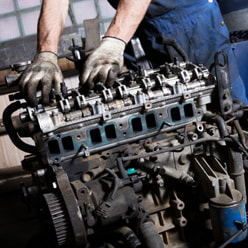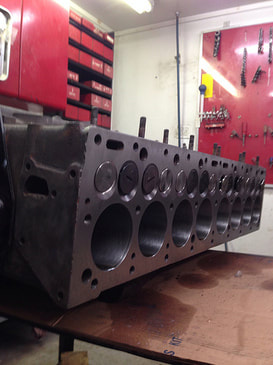Engine Replacement in Massachusetts
In this comprehensive guide to Engine Replacement, we will delve into the ins and outs of this crucial automotive process, providing expert insights, tips, and advice to ensure optimal performance. Learn about the signs that indicate the need for a replacement, the different types of engine replacements available, FAQs answered by industry professionals, and much more.
Introduction to Engine Replacement
Over time car engines can wear out or suffer from irreparable damage, affecting their efficiency and reliability. In this guide, we will explore everything you need to know about Engine Replacement, from understanding the signs that signal the need for a new engine to choosing the right replacement type for your vehicle. Whether you are a seasoned mechanic or a car owner, this article will provide valuable insights and actionable tips to make informed decisions regarding engine replacement.
Engine Replacement: What You Need to Know
The process of Engine Replacement involves removing the old engine from a vehicle and installing a new or remanufactured engine in its place. This ensures that the vehicle's performance, fuel efficiency, and reliability are restored, extending the life of the automobile.
Signs Indicating the Need for Engine Replacement
Engines often exhibit specific symptoms when they are no longer functioning optimally. Here are some common signs that indicate it might be time for an engine replacement:
- Excessive Smoke from the Exhaust: If you notice thick, dark smoke billowing from the exhaust pipe, it could be a sign of engine trouble.
- Knocking or Pinging Noises: Unusual knocking or pinging sounds coming from the engine may suggest internal damage.
- Loss of Power: A significant decrease in engine power can indicate various issues that might require a replacement.
- Excessive Oil Consumption: When an engine burns oil quickly, it might be due to worn-out components.
- Persistent Check Engine Light: A continuously illuminated check engine light may signify underlying engine problems.
- Overheating: Engines that frequently overheat could be suffering from malfunctioning parts.
Types of Engine Replacements
When it comes to Engine Replacement, there are three primary options to consider:
- Remanufactured Engines
Remanufactured engines are previously used engines that undergo a comprehensive restoration process to meet or exceed the original manufacturer's specifications. They offer a cost-effective and environmentally friendly alternative to new engines. - Brand New Engines
Brand new engines, as the name suggests, are completely new and have never been used before. They are generally more expensive than remanufactured engines but provide the peace of mind of having all new components. - Used Engines
Used engines are salvaged from other vehicles and, in most cases, undergo minimal refurbishment. They are the most affordable option but come with a higher level of uncertainty regarding their condition and longevity.
How to Choose the Right Engine Replacement?
Selecting the appropriate engine replacement for your vehicle requires careful consideration of various factors. Here's a step-by-step guide to help you make an informed decision:
- Research Vehicle Compatibility:
Ensure that the replacement engine is compatible with your specific make and model. Consult the vehicle's manual or an expert mechanic for guidance. - Consider Your Budget:
Evaluate your budget and weigh the pros and cons of each replacement option. While new engines offer reliability, remanufactured engines offer a good balance between quality and cost. - Warranty and Quality Assurance:
Opt for replacements that come with a warranty and a reputable quality assurance process to safeguard your investment. - Consult with a Professional Mechanic:
Seek advice from a skilled mechanic who can assess your vehicle's condition and recommend the best replacement option.
Frequently Asked Questions (FAQs)
- Q: How much does an engine replacement cost on average?
- A: The cost of an engine replacement can vary significantly depending on the type of engine, make and model of the vehicle, and labor costs. On average, it can range from $2,500 to $5,000 or more.
- Q: Can I replace the engine myself?
- A: While it is technically possible to replace the engine yourself, it is a complex and labor-intensive process. It is highly recommended to seek professional assistance for optimal results.
- Q: How long does an engine replacement take?
- A: The duration of an engine replacement can vary based on the vehicle's make and model, the type of engine being installed, and the expertise of the mechanic. Generally, it can take anywhere from a few days to a week.
- Q: What is the difference between a remanufactured engine and a used engine?
- A: Remanufactured engines undergo a rigorous restoration process to ensure they meet or exceed original manufacturer specifications. Used engines, on the other hand, are salvaged from other vehicles and may have varying degrees of wear.
- Q: Are remanufactured engines reliable?
- A: Yes, reputable remanufactured engines are known for their reliability. They are built with quality components and tested to ensure they perform at their best.
- Q: Can engine replacement improve fuel efficiency?
- A: Engine replacement can lead to improved fuel efficiency, especially if the old engine was suffering from significant wear or damage.
Conclusion
By recognizing the signs that indicate the need for a replacement engine and understanding the different types of engines available, car owners can make informed decisions. Whether opting for a remanufactured, brand new, or used engine, consulting with a professional mechanic and considering factors like compatibility and budget will help ensure a successful replacement. Taking these steps will prolong the life of the vehicle and provide a smooth driving experience for years to come.



